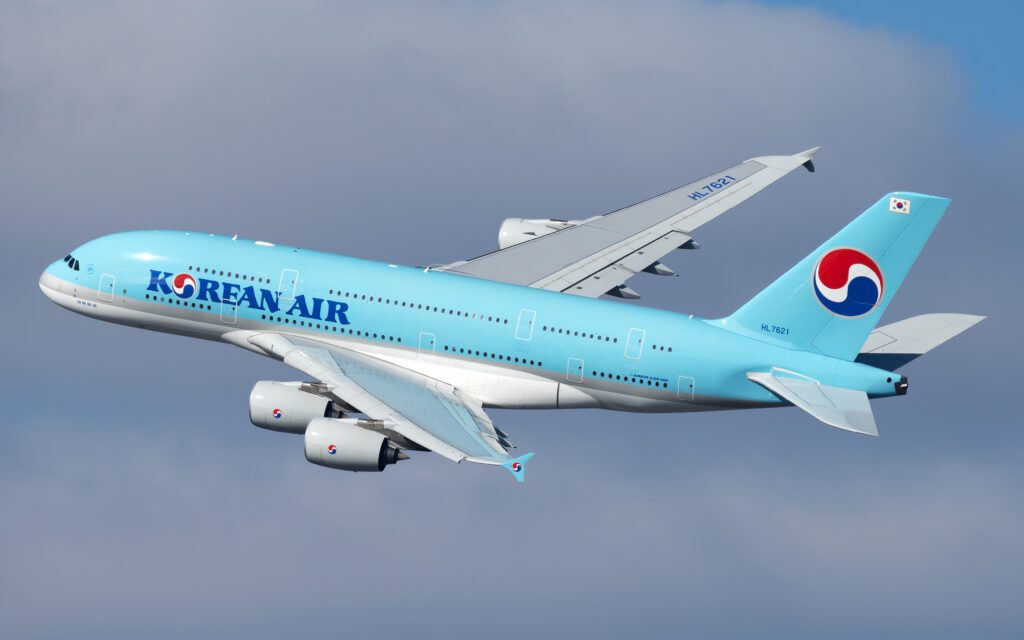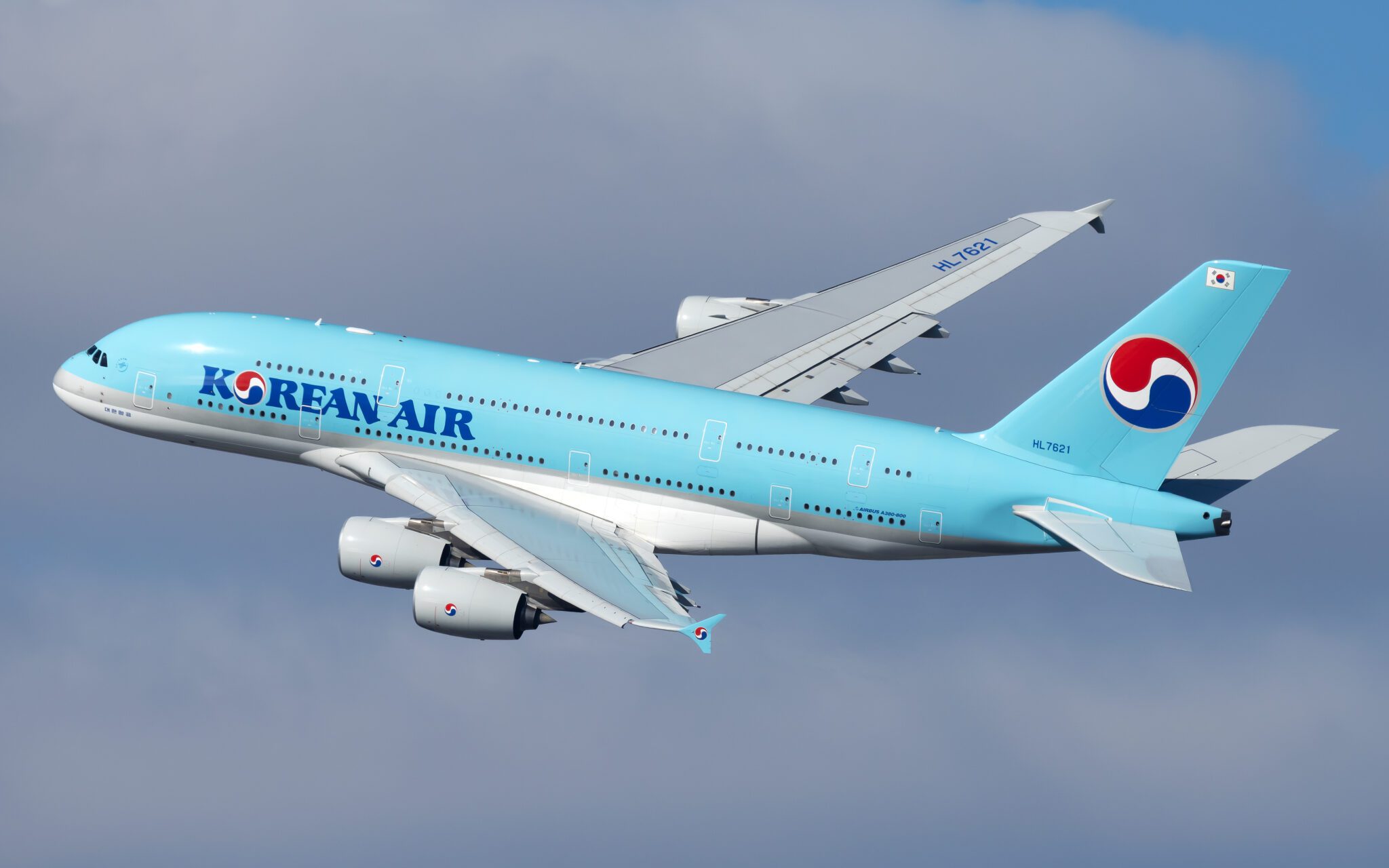
In the two months since China introduced a visa-free policy for South Korea, the hashtag “travel to China after work on Friday” has gained traction on platforms like Korea’s Naver and China’s RedNote, with over half a million posts from Korean travelers featuring their weekend itineraries, blogs, photos and travel tips.
The idea is that Korean tourists can clock out of work, hop on a flight, and arrive in destinations in eastern China like Shanghai, Qingdao or Dalian — all within two hours.
Popular activities include visiting Shanghai’s Bund, Wukang Road, and the former site of the Provisional Government of the Republic of Korea.
According to a report this week from Trip.com Group, South Korea, Malaysia, Singapore, Japan, the U.S., Australia and the UK are the leading source markets for travel to China. Collectively, the countries have driven a 200% year-on-year increase in bookings for the Chinese mainland.
South Korea saw a 157% increase in arrivals to China over 2024, with inbound tourist bookings up by 145%. This growth continues into the upcoming Lunar New Year holiday season, with trip reservations from South Korea surging by 452%.
Trip.com continues to see growth of more than 100% in searches for Shanghai, Shenzhen, Guangzhou, and Beijing.
Lesser-travelled cities like Harbin, Chengdu, Xiamen, Zhuhai, Chongqing, and Hangzhou are also seeing more interest.
Putting the Trend in Context
The trend comes against the backdrop of a broader revival in China’s inbound tourism: There were a total of 610 million inbound and outbound trips in 2024, a 44% increase, according to the National Immigration Administration. Travelers from foreign countries made up approximately 65 million of these trips, up 82.9%.
The numbers were lifted by the expansion of visa-free entry policies.
In November 2024, China implemented a visa-free policy for ordinary passport holders from South Korea and 8 European countries for stays of up to 15 days for tourism, business and visiting relatives purposes.
Later that month, China added 9 countries to its unilateral visa-free entry list, increasing the total of eligible nations to 38. Travelers from these countries can stay in China visa-free for 15 to 30 days.
By the third quarter of 2024, flights between China and South Korea had recovered to around 90% of their pre-pandemic levels.
China introduced additional measures to facilitate tourism in December, which included extending the visa-free transit policy to stay for up to 10 days. According to NIA data released last week, more than 20.11 million visa-free trips were made by foreign citizens last year — over twice the figure from 2023.

